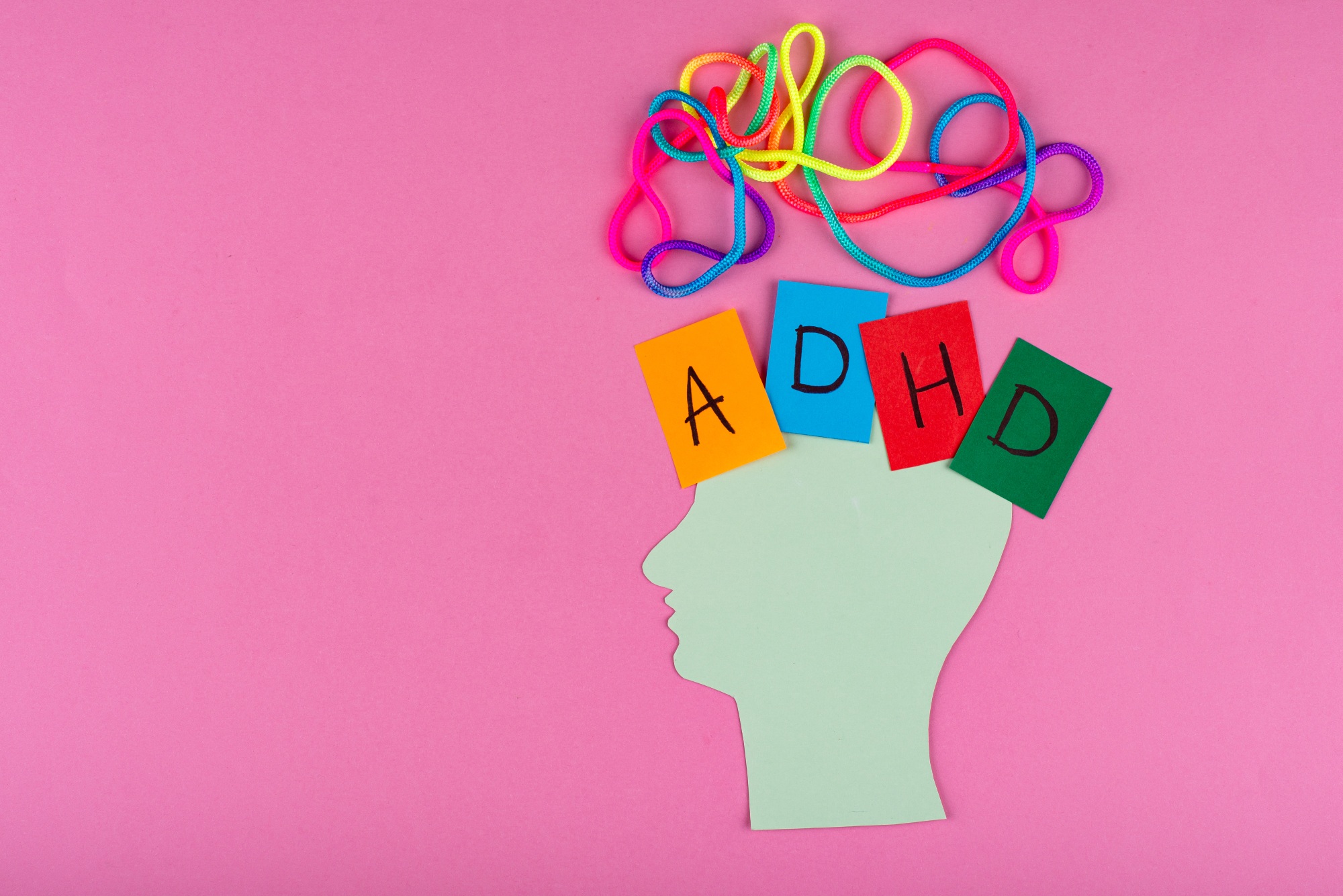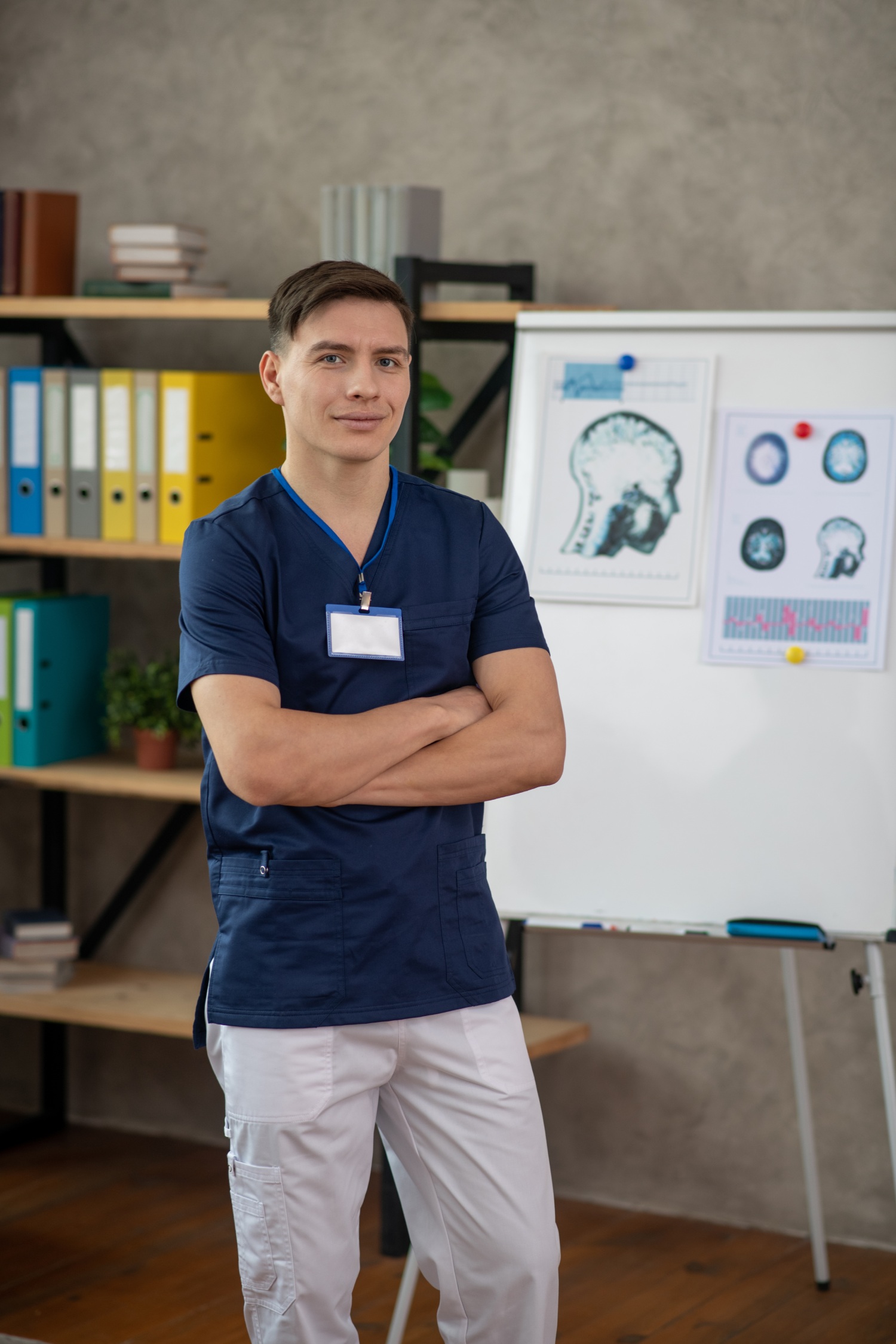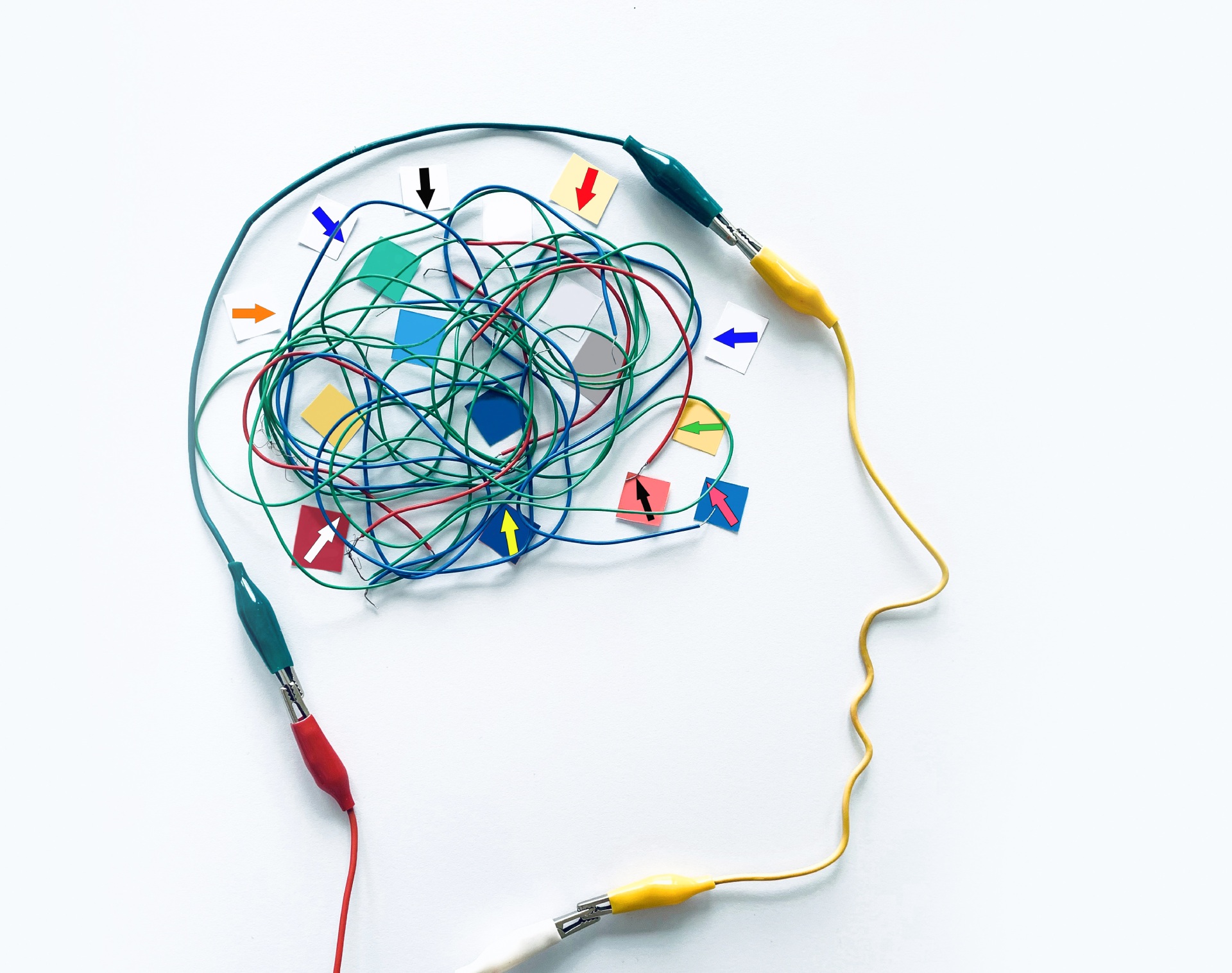
For individuals living with ADHD, getting a diagnosis and proper support can be a complex journey. Online therapies, such as those offered by clinics like Beyond ADHD, can simplify this process through virtual consultations and the absence of long waiting times. What are the specific features of these services? How do they differ from specialized neurofeedback clinics like Neuroperforma? Discover the unique aspects of these solutions designed for people living with ADHD.
Beyond ADHD: A virtual and medication-based approach for people with ADHD
Getting an evaluation, diagnosis, and treatment for ADHD can be a challenging process. Beyond ADHD is one of the available services aiming to simplify this journey. This solution provides online care and support for ADHD. Beyond ADHD offers evaluations tailored to the needs of individuals with ADHD. Their approach prioritizes quick access to care, allowing for evaluation, diagnosis, and a treatment plan within a few days.
The Beyond ADHD program works in three stages:
-
ADHD Evaluation
After contacting Beyond ADHD, you receive a detailed assessment form to help your practitioner understand your medical history and evaluate ADHD or other medical and mental health concerns. During the evaluation appointment, a nurse practitioner discusses your answers and the impact of your symptoms on various areas of your life, such as your self-perception, education, work, family, or friendships. If you do not have a prior diagnosis, additional standardized questionnaires may be required.
-
Diagnosis and Treatment Plan
Once the assessment questionnaires are completed, you move on to this stage. During the appointment, the nurse practitioner reviews all evaluation questionnaires. If needed, a diagnosis is made, and a treatment plan is proposed, including medication. For those without an ADHD diagnosis, the practitioner suggests appropriate steps to address their challenges.
-
Follow-up Care
These regular sessions with your nurse practitioner help maintain your progress. The practitioner monitors your development, adjusts your treatment, and provides ongoing support. When medication is involved, the practitioner re-evaluates every 30 days to manage ADHD and minimize side effects. Once symptoms are stabilized, follow-up visits occur every 90 days.
Neuroperforma: A specialist in brain training through neurofeedback
At Neuroperforma, the approach to helping individuals with ADD/ADHD is based on the neurofeedback technique. This method trains your brain to function better, especially in the areas responsible for attention, concentration, or impulsivity difficulties related to ADHD.
This method has the advantage of being non-invasive. Neurofeedback uses your brain’s natural ability to adapt and improve—much like learning a new skill.
This technique has been used for attention difficulties for over 50 years. It provides long-lasting results, and continued improvement in brain function is sometimes observed even after therapy ends.
With Neuroperforma, individuals with ADHD or other cognitive or emotional challenges also benefit from access to the latest generation of equipment for even more effective results. Thanks to its 19 sensors, Neuroperforma’s neurofeedback device helps reduce the number of sessions needed to achieve goals compared to other systems.
With Neuroperforma, the process unfolds in several steps:
-
A Clear Understanding of Your Needs
Your journey begins simply: with a free consultation to assess your needs. One of our specialists will determine with you whether our services are appropriate and will clearly explain the next steps.
-
An Evaluation of Your Brain Activity
An EEG technologist conducts a qEEG, or quantitative electroencephalogram, to record your brain’s electrical activity using a headset equipped with sensors placed on your head. This process allows real-time observation of brain activity.
A 30-minute evaluation with a psychology professional may also be included. This session explores your goals, symptoms, and the underlying causes of your challenges. This information, combined with the qEEG data, helps build a targeted and effective neurofeedback training plan.
-
Results Analysis and Support Plan
Your qEEG data is analyzed. A detailed report is prepared, explaining how your brain activity may relate to your ADHD challenges. During a follow-up session with the psychologist, the report is shared, and a personalized neurofeedback training program is proposed.
This plan targets specific regions or networks in your brain that need strengthening—such as sustained attention, divided attention, working memory, or executive functions. If you also experience anxiety, for example, the plan may include training to help improve that as well.
-
Brain Training
During this phase, your brain learns to function better:
- You wear the same type of headset with sensors.
- The system reads your brain activity in real time.
- When the brain waves targeted by the personalized training approach the average for your age group, you receive an immediate reward. This reward might be a video that starts playing or a pleasant sound.
- If your brain activity doesn’t meet the expected target, the reward stops.
Through repeated training, your brain gradually learns to adopt more balanced and efficient activity patterns. Changes may begin to be felt after 5 to 7 sessions, and a typical program includes at least 12 sessions per targeted difficulty.
Each session includes 30 minutes of active training, divided into six 5-minute blocks. A little extra time on-site is expected for setup, equipment removal, and short breaks for your comfort.
Neuroperforma uses advanced 19-electrode equipment, allowing for analysis and training of many more brain regions compared to other neurofeedback systems. This solution offers several advantages:
- It will enable more profound and more thorough training.
- It targets multiple brain areas at once.
- It helps achieve potentially faster and more effective results.
Beyond ADHD or Neuroperforma: Different Approaches to ADHD
How can you determine which solution is best suited to your situation? A quick comparison of the two approaches offers some guidance:
- Beyond ADHD provides online access to ADHD evaluation, diagnosis, and medical follow-up.
- Neuroperforma offers an approach based on brain training through neurofeedback, using in-depth analysis of your brain activity to improve its functioning in a lasting way.
Find the specific features of each solution in a comparative table:
| Beyond ADHD | Neuroperforma | |
|---|---|---|
| Service and Goal | Assessment, diagnosis, and medical follow-up for ADHD. Goal: effectively manage symptoms. |
Brain training through neurofeedback. Goal: improve brain function and reduce symptoms. |
| Methodology | 3-step online process:
|
Neurofeedback-based approach, including:
Non-invasive method. |
| Conditions Treated |
|
|
| Format |
|
|
Conclusion
To better manage ADHD symptoms, these two approaches—potentially complementary—are available to you. Beyond ADHD offers a structured and fast online pathway that may include medication to help someone living with ADHD. With Neuroperforma, you choose a natural and complementary method: neurofeedback. Brain training sessions are conducted in-clinic using advanced equipment to help your brain self-regulate more effectively. This approach is efficient for attention-related difficulties and may also help improve anxiety, mood, and overall performance.




